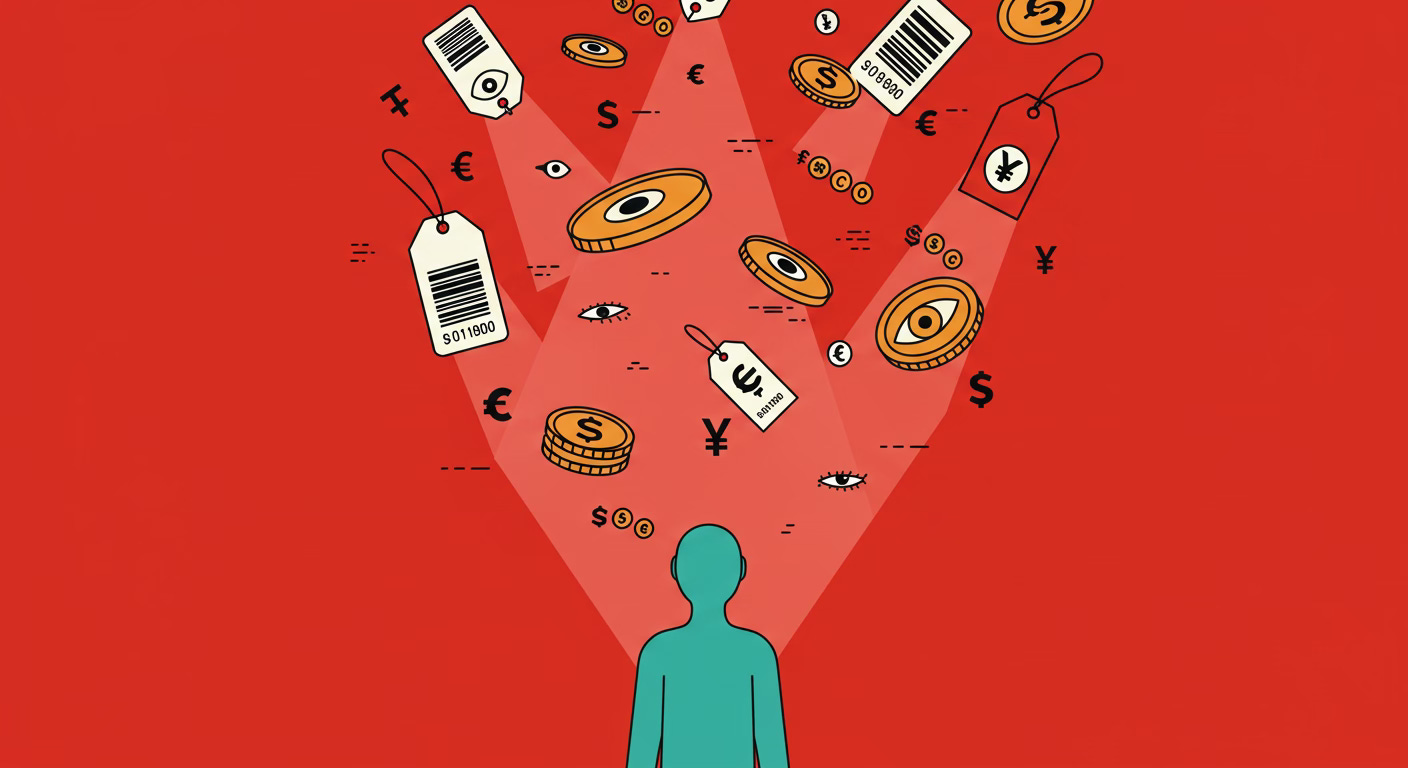We are told to guard our money, to be wise with our resources, to value our time. Yet, the most precious asset of all — our attention — slips through our fingers daily, claimed by screens, notifications, and endless content. In the digital age, attention has become a commodity: bought, sold, and traded by forces that profit from our distraction. But what if reclaiming it could be the most radical act of sovereignty we can perform?
This piece invites you to pause and consider: where does your attention go, and who benefits from it? What does it cost you — in focus, in creativity, in peace? And how might your life change if you treated attention not as something others can exploit, but as a currency you spend with care? These questions lie at the heart of this reflection on The Economy of Attention.
If you have found meaning in my previous essays, this exploration will feel familiar. It continues the work of revealing how invisible structures shape our inner and outer worlds — and invites you to imagine alternatives. By becoming a paid subscriber, you support writing that resists easy answers and seeks instead to ask better questions. Join us in this space for thoughtful rebellion against the noise.
Keep reading with a 7-day free trial
Subscribe to Badis Tabarki to keep reading this post and get 7 days of free access to the full post archives.

